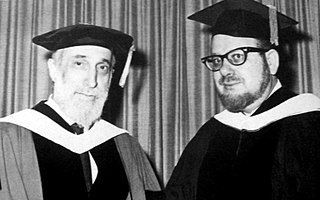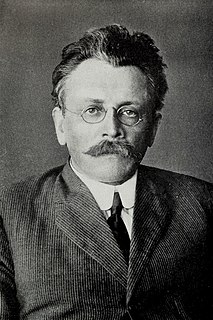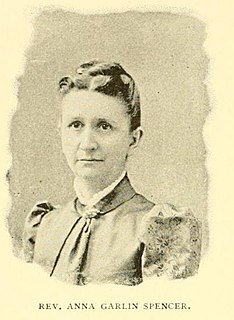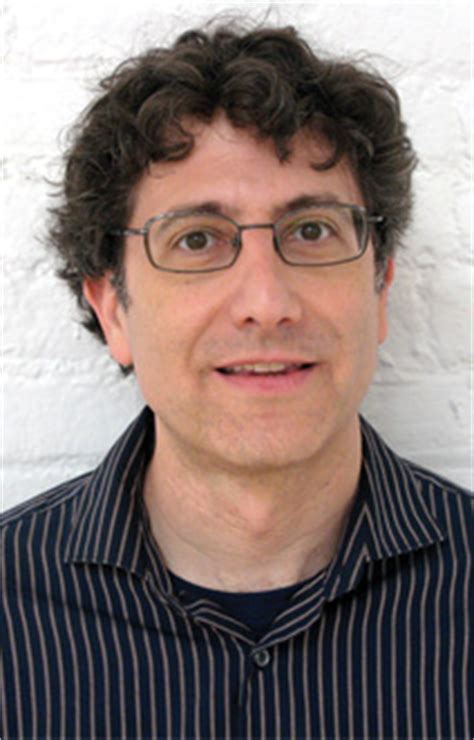A Quote by Frank Moore Cross
Related Quotes
Truth is that concordance of an abstract statement with the ideal limit towards which endless investigation would tend to bring scientific belief, which concordance the abstract statement may possess by virtue of the confession of its inaccuracy and one-sidedness, and this confession is an essential ingredient of truth.
A Concordance of Leaves is an epic poem of the indomitable yet fragile human spirit. Philip Metres brings Palestine and Palestinians into English with rare luminosity. One feels echoes of Oppen's succinct tenderness in the depiction of the numerous characters of this work. Without other, there is no self. And that other is the stranger who must be loved. Concordance is, after all, a wedding poem-leaves and pages in search of a certain passage toward harmony.
The Bible is interpreted by the Talmud. Except, in Rabbinic tradition, a Talmudic law has the weight of the Biblical law. Sometimes we say in a prayer, "Blessed are Thou, O God, who has ordered us and commended us," to do something. But you don't find that "something" in the Bible; you find it in the Talmud. So Talmudic law becomes as important as Biblical law.
The Talmud derives its authority from the position held by the ancient (Pharisee) academies. The teachers of those academies, both of Babylonia and of Palestine, were considered the rightful successors of the older Sanhedrin...At the present time, the Jewish people have no living central authority comparable in status to the ancient Sanhedrins or the later academies. Therefore, any decision regarding the Jewish religion must be based on the Talmud as the final resume of the teaching of those authorities when they existed.
Women of a selected class, by the use of slaves and servants have become inactive, the mere recipients of values, no longer creators but "feeding on unearned wealth." This hurts their nature and debases the social fabric. If a woman does no labor in her home which could properly make her self-supporting outside that home she is in duty bound to do something outside her home to justify her claim to support.
When philosophers use a word--"knowledge," "being," "object," "I," "proposition," "name"--and try to grasp the essence of the thing, one must always ask oneself: is the word ever actually used in this way in the language-game which is its original home?--What we do is to bring words back from their metaphysical to their everyday use.
The Talmud tells a story about a great Rabbi who is dying, he has become a goses, but he cannot die because outside all his students are praying for him to live and this is distracting to his soul. His maidservant climbs to the roof of the hut where the Rabbi is dying and hurls a clay vessel to the ground. The sound diverts the students, who stop praying. In that moment, the Rabbi dies and his soul goes to heaven. The servant, too, the Talmud says, is guaranteed her place in the world to come.































